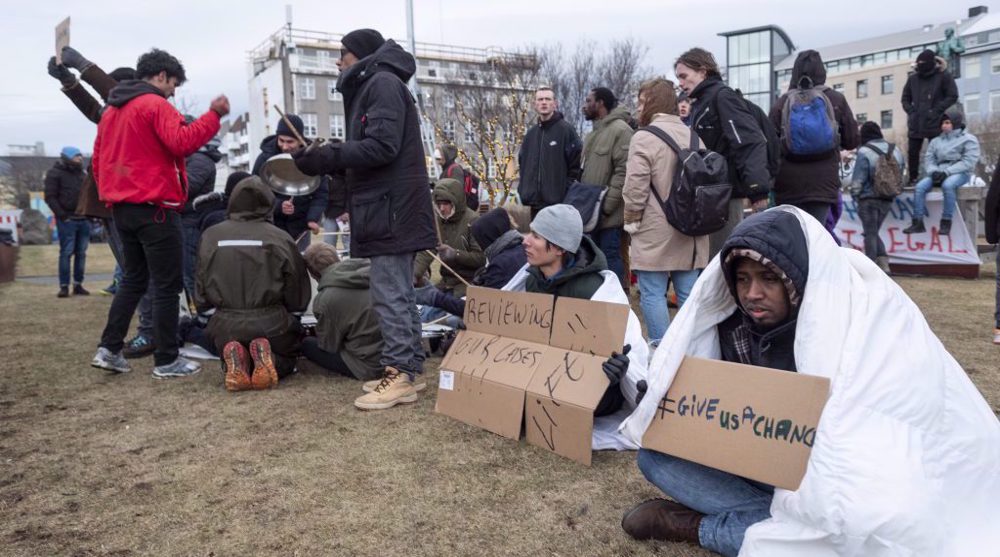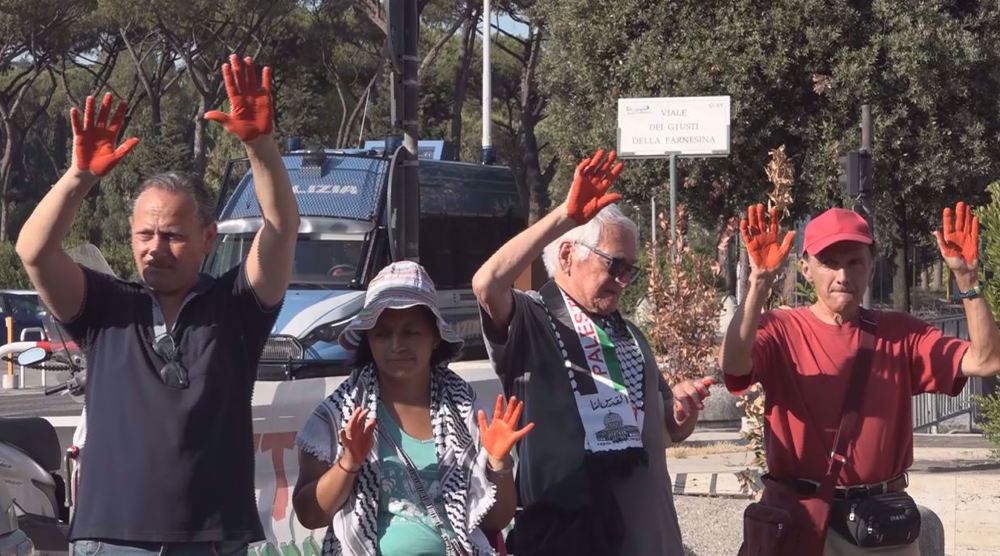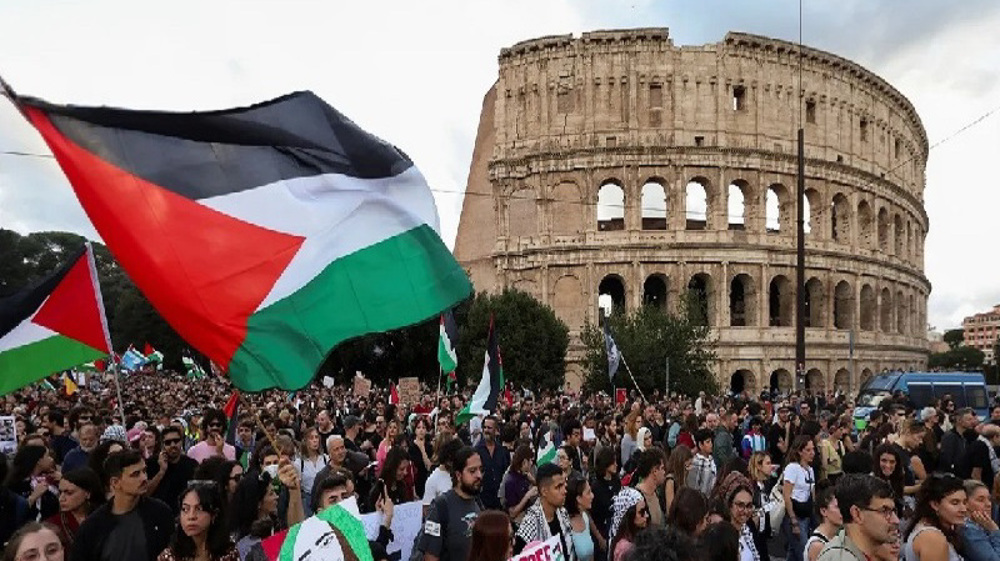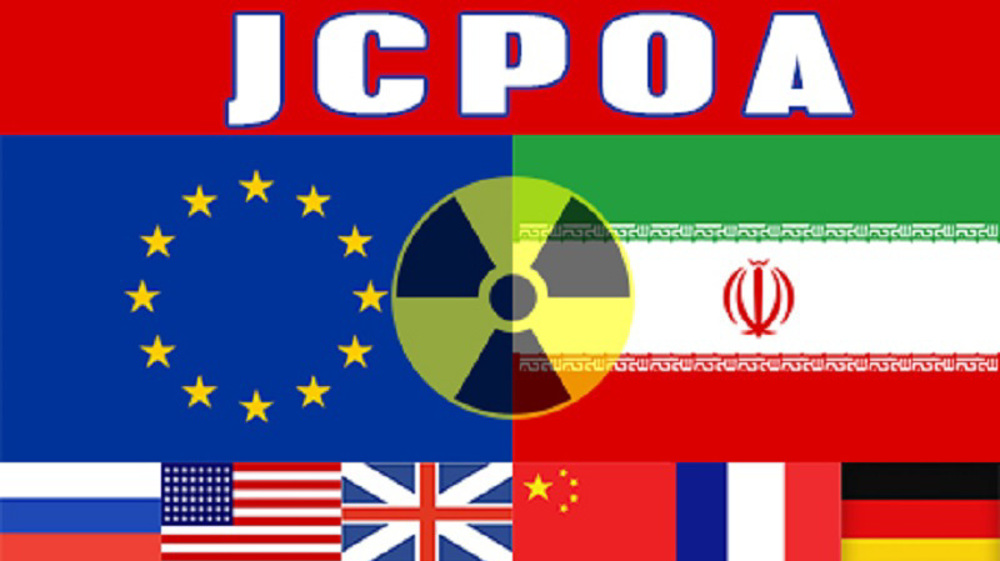An assessment of human rights situation in Iceland
Following the United States’ withdrawal from the United Nations Human Rights Council (UNHRC), Iceland was elected to take a seat on the council in 2018.
The following is an overall assessment of the human rights situation in Iceland regarding the rights of children, women, persons with disabilities, refugees and immigrants, and homeless persons, as well as corruption, housing, and economic equality.
Poverty spike among children
A newly published report by Save the Children Iceland states that in Europe, almost 27 million children are at risk of poverty or social exclusion. In Iceland, that figure amounts to 16% of all children. More than 12,000 children are living in poverty, or near the poverty line.
Also a report by the United Nations children's agency (UNICEF) says poverty among children has spiked more in Iceland than anywhere else in Europe in recent years.
Child poverty in Iceland almost tripled from 2008 to 2012. The poverty rate among children in migrant households has increased twice as much as among non-migrant households.
Child poverty in Iceland has risen from 11.2% to 31.6% of the country’s children.
Violence against women
Reports of domestic violence in Iceland have risen during the coronavirus pandemic; two women were allegedly murdered by family members in the first weeks of the country’s partial lockdown, a significant spike for a country of just 350,000 people.
While globally 38 percent of murders of women are committed by a male partner, according to the Commissioner of National Police, that figure is 50 percent for Iceland.
Not all instances of domestic violence result in death or visits to the hospital, and like in other countries, a large percentage of cases of domestic abuse in Iceland go unreported for a variety of reasons, including fear of retribution.
Sexual assault in Iceland is also widespread. According to a national survey conducted by the University of Iceland in 2018, 1 in 4 Icelandic women has been raped or sexually assaulted during her life. In Europe, the reported figure overall is 1 in 10.
These realities would seem to contradict Iceland’s reputation as a country where being a woman is particularly “advantageous.”
Refugees’ inaccessibility to human rights
Over the last few years, reports suggesting Iceland’s forced deportations of refugees and asylum-seekers have seen a considerable spike.
There are reports from refugees in Iceland who say police have resorted to violence and used teargas when asylum seekers protested to draw attention to their inhumane conditions.
Violation of rights of homeless persons
A survey has found that there are 761 homeless people living in Iceland. Of that group, 111 are “primary homeless,” meaning living on the street or in similar conditions, whilst 650 are “secondary homeless,” or moving between temporary shelters such as friends’ homes, emergency accommodation, and hostels.
The majority of the homeless are in the capital, Reykjavik.
Recently, Icelandic media reported on a group of locals living permanently at the Reykjavik campsite. Many of these individuals have disabilities, which impact their access to work and housing.
The most corrupt Nordic country
According to the latest data from Transparency International, public perception of corruption in Icelandic society continues to increase. As far as corruption is concerned, Iceland tied for the 14th rank with Hong Kong and Austria, putting it far below all other Nordic countries.
Public perception of corruption, a separate index with a score from 0 (thoroughly corrupt) to 100 (corruption-free), continues its increasing trend. Iceland is currently at 76 on that scale, down from 77 the year previous and 79 in 2015.
Violation of right to adequate housing
According to a study conducted by the Economist, house prices in Iceland have surged by more than 62.9 percent between 2013 and 2018. The spike in house prices put Iceland third in the global ranking.
The January house price index in Iceland increased to 500.30 points, from 496.50 points in December of 2020.
Citizens’ economic rights
Iceland tops Europe as the most expensive country; consumer prices were 56 percent higher than the rest of Europe in 2018. A small population of 350,000 coupled with a high dependence on imported goods are behind Iceland’s steep prices.
Food, clothing, fuel, personal care items, and furniture are all costly.
Iceland has to import and tax everything because it is an island in the middle of the northern Atlantic.
The cost of living can come as a shock to tourists and immigrants. Moreover, inflation has picked up, reaching 3.1 percent in the first quarter of the year; as a result of which, everyone’s purchasing power has decreased.
Meanwhile, figures show the national unemployment rate has increased from 10.7 percent in December 2020 to 11.6 Percent in January.
Counting people whose salaries are partly paid by the state as part of the government’s COVID-19-related financial stimulus package, Iceland’s total unemployment rate now stands at 12.8 percent, representing 26,403 individuals.
This is the highest number ever of people receiving such benefits. Nationally, the unemployment rate is especially high among foreign nationals, or 24 percent.
Iceland is the fourth most depressed country in Europe, after Denmark, Norway, and Sweden, according to the European health interview survey conducted in 2015.
The survey shows that nearly 9% of people in Iceland have depressive symptoms.
VIDEO | Press TV's news headlines
July 26: ‘Axis of Resistance’ operations against Israeli occupation
Palestinian resistance fighters hit Israeli Merkava 4 tanks
VIDEO | UK police brutal assault on Muslim family sparks outrage, protests
Hamas: Death of leader in Israeli jail amounts to murder
EU sends €1.5 billion to Ukraine from frozen Russian assets
VIDEO | Millions of Yemenis rally for Gaza, call for more anti-Israel operations
UN chief calls for Olympic truce as games begin in Paris










 This makes it easy to access the Press TV website
This makes it easy to access the Press TV website